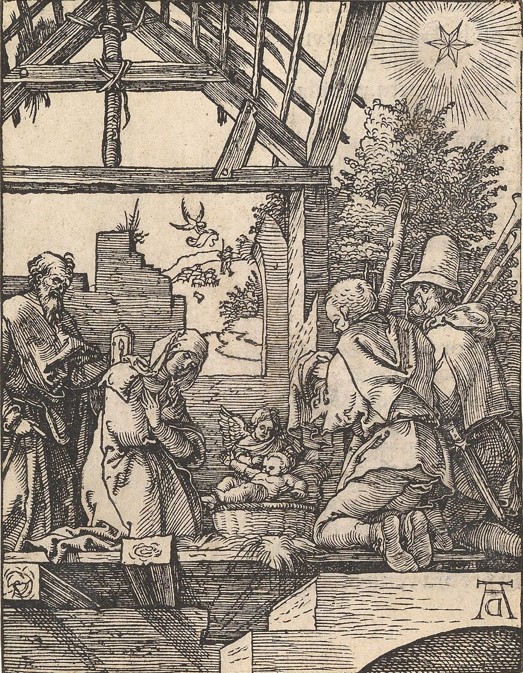Christmas celebrates the incarnation of God’s Son. John describes it as the Word made flesh. Isaiah used the language of “Immanuel,” meaning “God with us.” In the incarnation, God becomes man without ceasing to be God. Jesus Christ, from the point of conception by the Holy Spirit in the womb of the Virgin Mary, is fully God and fully man, two natures in one person. The natures are not mixed and cannot be separated.
God sent his Son into the world as a man to accomplish our redemption. He became one of us. He entered our history and our humanity. This is a truly astounding miracle, the most amazing reality imaginable. The God who made us became one of us. The infinite became an infant. The Author of the drama of history entered center stage. The Creator entered his creation to become our Redeemer. He came to restore the fallen creation, to suffer and die for our sins, to rise again from the dead in glorified form to win the victory over death for us. That was his mission. And that is the gospel.
The word "Christmas" is a compound word. The first part of the word, "Christ," means God's anointed one. The promised priest, king, and propeht, the long awaited Messiah, would be anointed with God's Spirit in the fullest measure. Jesus is that man. The second part of the word "mas" (or "mass") comes from a word meaning "to send." English derivatives include "missile." The word "Christmas" sums up the Christian message: It is all about the sending of the Savior. "Christmas" could just as easily be "God-mas" or "God-the-Son-mas" or "King-mas" or "Second-Adam-mas." (Note that the sending of the Son presupposes a Sender, and so the very word "Christmas" is implicitly Trinitarian.) The one who was sent into the world by the Father is the eternal Son, now made flesh, in order to be the promised King and Savior. He came into the world on a mission of love, a mission of grace, a mission of mercy. He has fulfilled that mission, and that fulfillment is what we Christians call "the gospel."
When it comes to understanding the heart of the Christian faith, the who matters just as much as the what. Christians have sometimes debated: What is the most important part of the church year, Christmas celebrating Christ’s birth, or Good Friday/Easter celebrating his death and resurrection? The reality is they can’t be separated. Jesus could only do what he did because he is who he is. Only the God-man man could reconcile man to God. Christmas (the who) and Good Friday/Easter (the what) go together. It's all one big story.
The incarnation is more than the foundation of the gospel. It carries with it a whole worldview. The incarnation (along with the resurrection) is the ultimate affirmation of the goodness of creation. It is the ultimate revelation of divine love for his people and his world. The incarnation only makes sense because God’s material creation is good — indeed, not just good, but very good. And for that reason, it is perfectly fitting to celebrate Christmas in all kinds of tangible, material ways. Feasts, presents, parties, trees, lights — all of these things make sense for a religion that is built upon the reality of the Word made flesh. As G. K. Chesterton said, the Christian faith is a thick steak and a good cigar. Indeed.
Of course things we do in the worship service fit with the incarantional reality of the Christian faith. Yes, we affirm ideas and propositions and beliefs. But we also do certain things with out bodies — we use our legs to kneel in humility as we confess sins, we use our mouths to declare God’s praises, we use our ears to hear God’s Word read to us from a paper and ink book, and the whole service culminates with a mini-feast of bread and wine through which our Savior gives himself to us. The Christian faith celebrates nothing less than Jesus’ redemption of the material, the bodily, the created. In the Christian faith, ideas and propositions always take form in stories, rituals, and ultimately a way of life. In other words, orthodoxy (right belief) and orthopraxy (right practice). Precisely because the Christian faith is rooted in the incarnation, it always unites believing and acting, saying and doing, propositions and a lifestyle. The incarnation demands an integrated faith that shapes all we believe and all we do.

